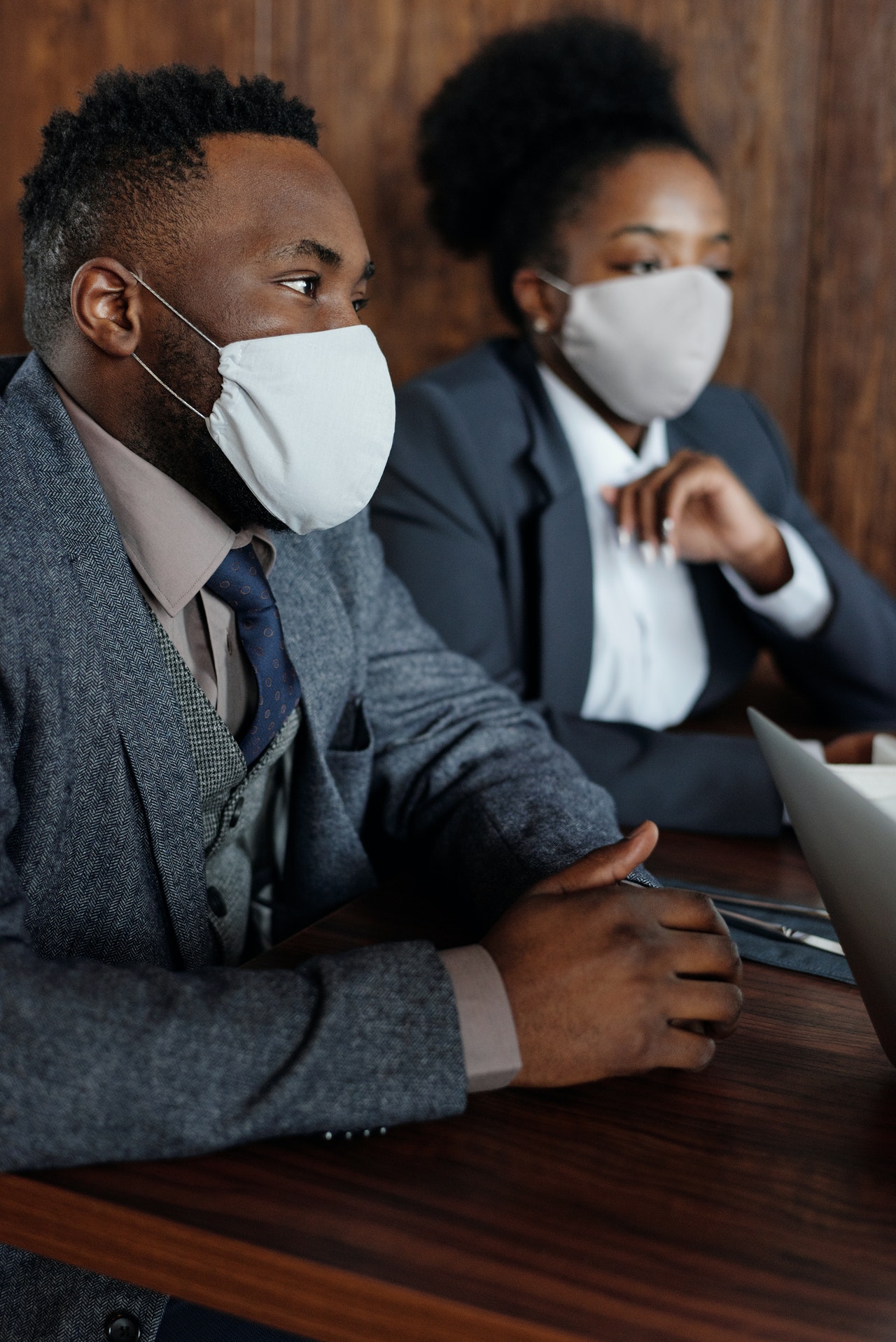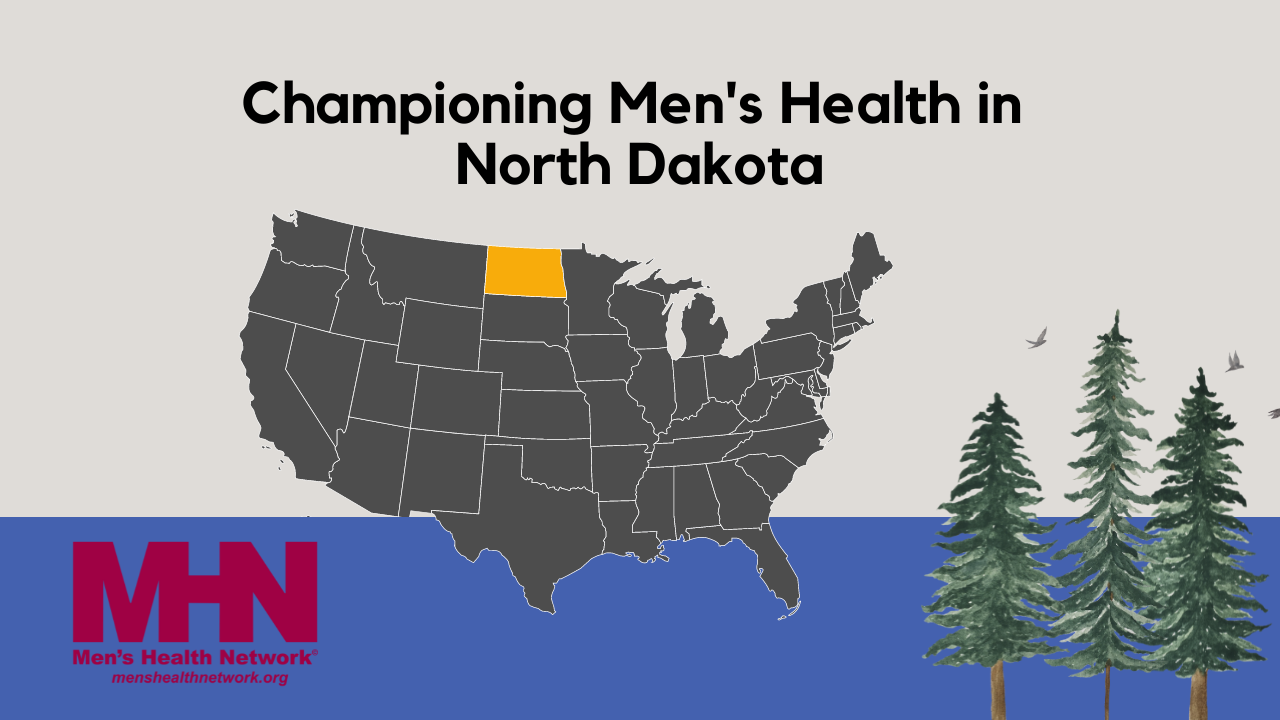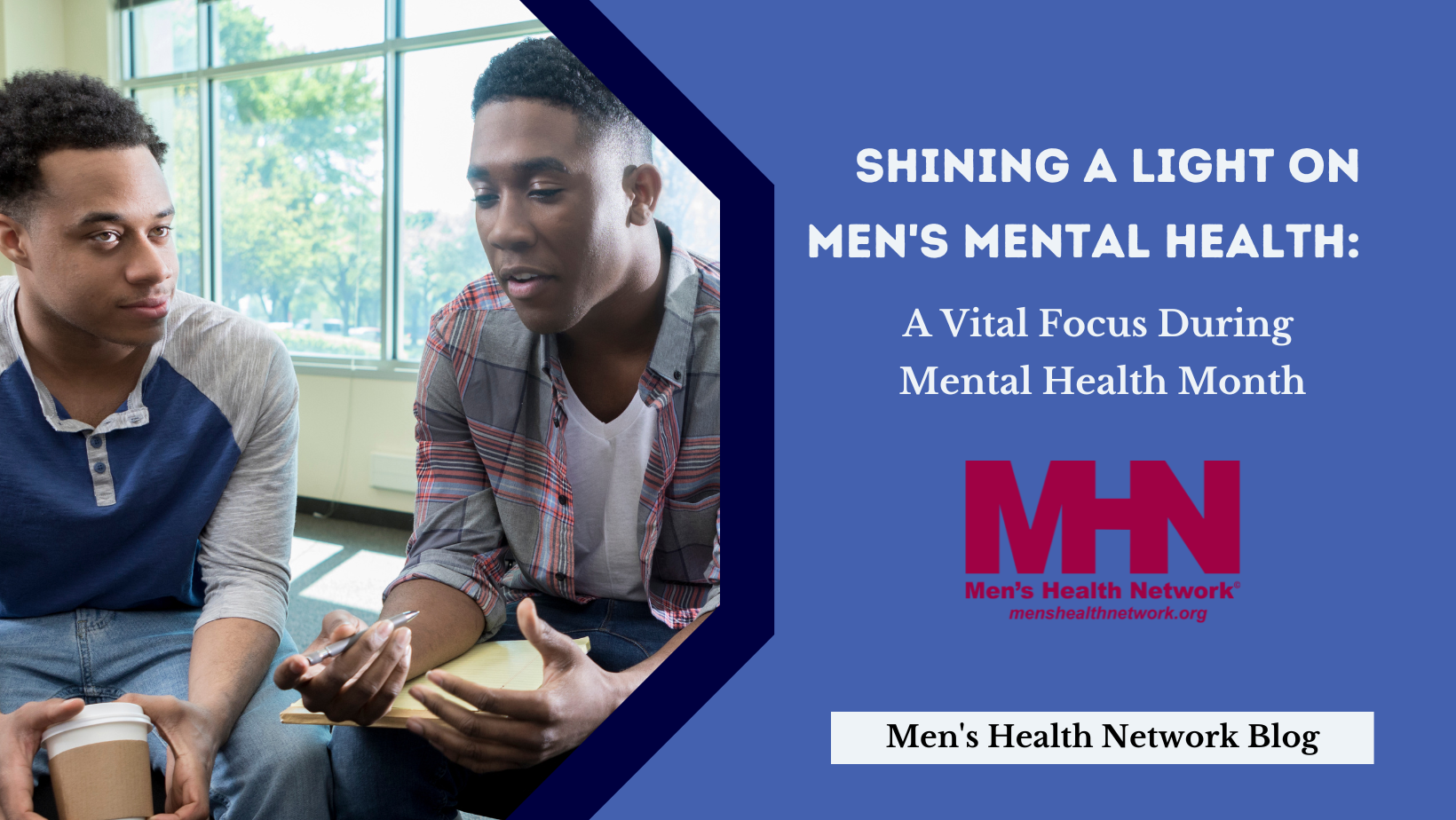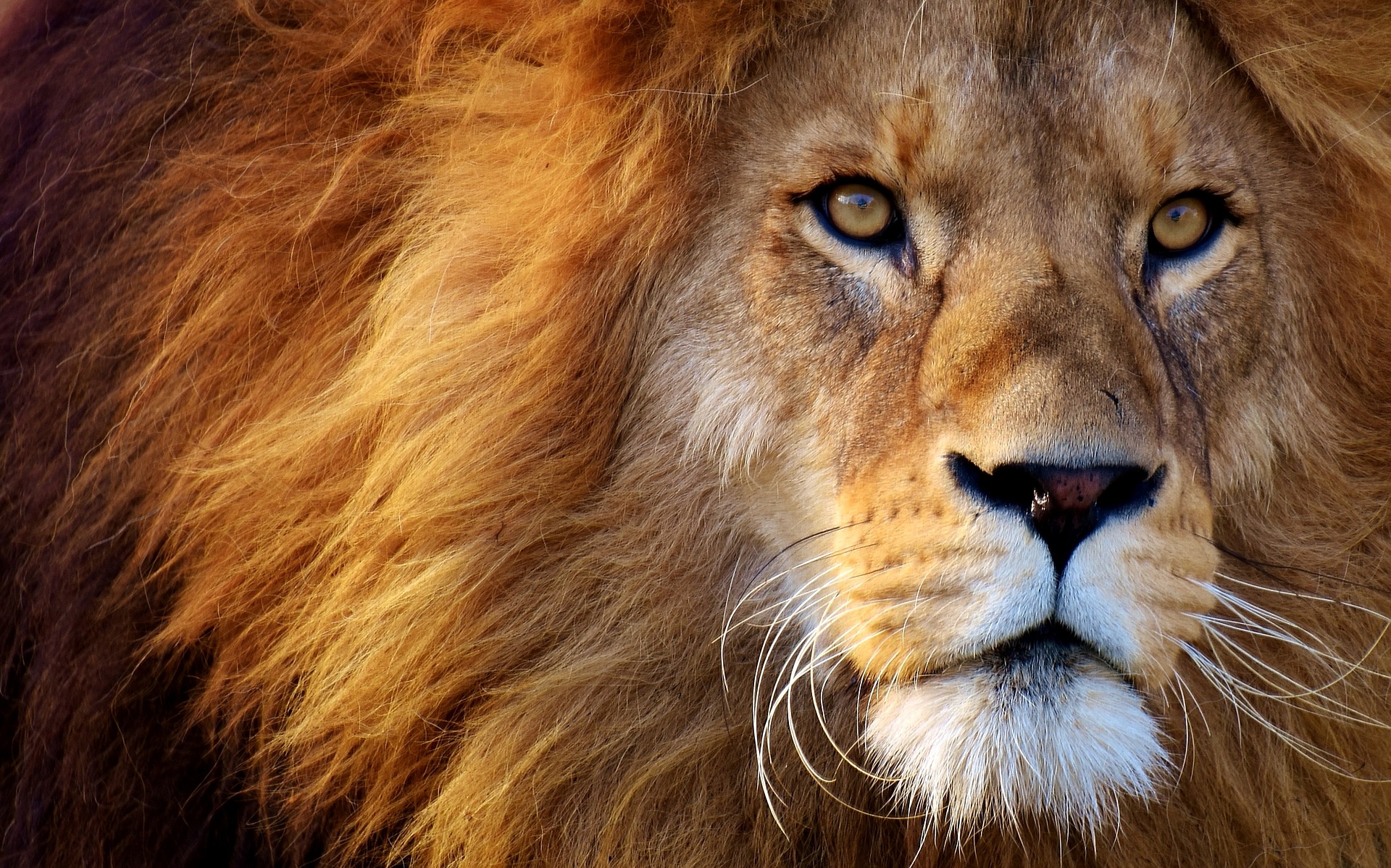Please note that the CDC uses “Whites” rather than “Caucasian” in its reports, so I followed suit here.
COVID-19 is hitting some populations harder than others, and statistics are beginning to bear that out. The Centers for Disease Control (CDC) has reported that COVID-19 hospitalization rates for some non-Caucasian people have approached nearly 5 times that for Whites.
Non-Hispanic American Indian and Alaska native persons had an age-adjusted hospitalization rate approximately 4.9 times that of non-Hispanic White persons, the CDC said. Rates among non-Hispanic Black person, and among Hispanic or Latino persons, were both about 4.7 times the rate for non-Hispanic White persons.
Overall, the cumulative hospitalization rate for all ages was 151.7 per 100,000, according to the CDC. Hospitalization rates were highest for people ages 65 and up (412.9 patients per 100,000), followed by patients ages 50 to 64 (228.1 per 100,000 patients).
Weekly hospitalization rates among all ages peaked during the week ending April 18, the CDC said, with a rate of 10.1 patients per 100,000 population. A second peak, during the week ending July 18, saw a rate of 8.0 hospitalizations per 100,000 population, the CDC said. Data for more recent weeks may change as hospitalization rates for those weeks are reported.
A Kaiser Family Foundation poll found that nearly half of adults in the United States reported that their mental health has been negatively impacted due to worry and stress over COVID-19. This stress manifests itself physiologically, leading to increased incidence of multiple health problems — already a concern for many African Americans and others living in disadvantaged communities across the country.
The impact of anxiety and stress on men’s behavior, including their effects on African American, Native American and Alaska Native men, were among the topics discussed at a May 2019 conference, Behavioral Health Aspects of Depression and Anxiety in the American Male. Men’s Health Network sponsored the conference, which was partially funded by the Patient-Centered Outcomes Research Institute (PCORI).
PCORI also has recently funded a study to compare coping strategies for under-served communities. The two-year study at The Research Foundation for The State University of New York will compare the efficacy of a mindfulness-based stress reduction (MBSR) teleconference vs. an MBSR mobile app to help under-served communities cope with COVID-19 related stress.




